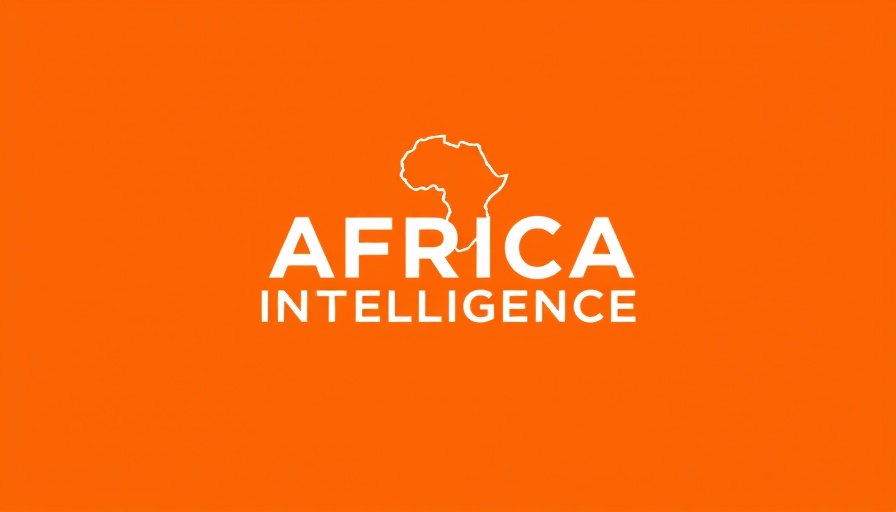
Uncertainties Surrounding the Sale of Musonoï East Mining Site
The potential sale of the Musonoï East mining site to an Abu Dhabi entity has recently met considerable uncertainty, primarily due to the Congolese government's insistence on reversing a decision made by Gécamines—a state-owned mining company. Gécamines had terminated its collaboration with South African businessman Robert Gumede, who was focused on developing the Musonoï mining project. This decision has raised concerns about the future and governance of one of the country's critical mining assets.
Understanding the Background of DRC's Mining Sector
The Democratic Republic of the Congo (DRC) holds vast mineral resources, which are crucial for the country's economic growth and development. The Musonoï East site is part of a broader strategy to engage foreign investment, particularly from the Gulf states, as Gécamines seeks partnerships that can help advance its mineral extraction capabilities.
However, issues of governance, corruption, and the legacy of colonialism pose significant challenges to investment in the DRC. While the potential sale to Abu Dhabi signifies a strategic move for Gécamines, it also highlights the fragile nature of agreements based on political changes and uncertainties in regional politics.
Regional Implications and International Interests
As the Congolese government seeks to attract more foreign investment, it also contends with multiple internal and external pressures. There's pressure to respect human rights and improve governance structures, which can significantly impact investor confidence. Examining the DRC's engagement with foreign entities like those from Abu Dhabi also unveils a complex narrative involving economic growth, poverty alleviation, and the need for sustainable practices in mining.
Additionally, there is an emerging discussion about how these dynamics affect local communities, particularly concerning environmental impacts and labor conditions. The relationship between foreign investments in mining and the socio-economic realities for Congolese citizens continues to be a pivotal point of contention, as communities remain concerned about the equitable distribution of wealth and resources.
The Necessity of Cultural Dialogue and Understanding
The DRC's situation serves as a reminder of the complex relationships between governance, foreign investment, and local communities. To fully grasp the implications of a deal like the one concerning Musonoï East, understanding local cultural contexts and histories is paramount. Language affects how communities communicate their needs and desires, particularly in negotiating development agreements.
Facilitating open dialogue through multilingual education and cultural exchange can empower communities, allowing them to engage more effectively in the processes that shape their futures. This empowerment is essential, especially in a region where historical injustices still resonate today.
Looking Ahead: The Future of Mining Investments in DRC
In conclusion, the uncertain fate of the Musonoï East mining project exemplifies the broader challenges facing the DRC amidst its strategic plans for economic growth and international partnerships. Many stakeholders, including the Congolese government, local communities, and foreign investors, have vested interests in this matter. Continuing to foster environments that prioritize transparency, community involvement, and respect for human rights will be critical for future mining endeavors in the DRC.
For professionals engaged in the fields of governance, international relations, or economic development, staying attuned to these issues provides critical insights into not only the DRC's future but also the broader implications for African economies in transition.
 Add Row
Add Row  Add
Add 




Write A Comment